News
09 May 2019
Dutch housing market in stagnant phase
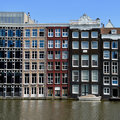
The current Dutch housing market can be described as ‘stagnant’. There is a decreasing trend within the number of transactions and the number of sold new-build homes, as well a continuing but flattening rise of housing prices in the last quarters. That can be concluded from the Monitor Housing Market for the first quarter of 2019.
09 May 2019
The lessons of Franco’s utopian villages
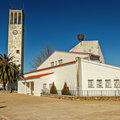
Following the Spanish civil war, Franco spearheaded sweeping rural modernisation and reconstruction. During this period, Franco had 300 ‘utopian villages’ built from scratch. Doctoral candidate Jean-François Lejeune places these villages in the wider context of a distinct South European modernism, and argues for a reassessment of this controversial heritage.
25 April 2019
Bridge design is more than a procurement process
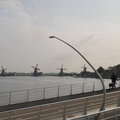
Good bridge design requires perfect interaction between all parties, but that is precisely where things often go wrong in modern practice, concludes PhD researcher Joris Smits. He argues for a role as ‘design integrator’ for the architect, to combat fragmentation of the design process.
11 April 2019
Rebuilding the future
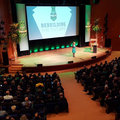
During the Green Tie Gala 2019, professor Andy van den Dobbelsteen was awarded a top 3 position in the ABN AMRO Sustainable 50. This list reflects what has happened and who contributed the most to a more sustainable built environment over the past year.
11 April 2019
The value of research by design
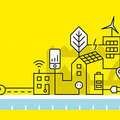
As part of the upcoming book publication ‘The city of the future’, BK researchers Tom Daamen and Hedwig van der Linden reflected on the value of research by design for urban area development. This type of design thinking can create added value for clients on different levels of the design brief.
11 April 2019
Zero-energy hotel profits from earth, wind, and fire
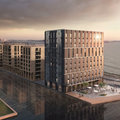
The new Breeze Hotel will open in a few weeks in Amsterdam. The hotel is the first building to apply ‘Earth, wind, and fire natural air conditioning’, and uses natural processes to ventilate the near 200 rooms of the hotel. The concept was developed by Ben Bronsema, and presented within his PhD research in 2013. The performance of the concept will be monitored for a longer period to further enhance the system.
11 April 2019
Integrating online education with on-campus classrooms
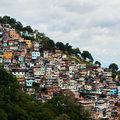
A broad international debate is paramount for urban planning education. To this end, the Bridge DOCS research project aims to connect students from online courses with students in on-campus classrooms. Igor Tempels Moreno Pessoa and Roberto Rocco received a Comenius Teaching Fellowship grant of € 50.000,- to develop the necessary platform. They will start with connecting first year Urbanism students with students from the MOOC ‘Rethink the city’.
11 April 2019
Robocar and Urban Space Evolution
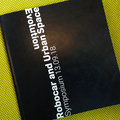
Automated mobility is likely to happen and will significantly change cities. The symposium ‘Robocar and Urban Space Evolution’ looked at automated mobility in the context of sustainability, and the future of urban planning and design. A summary of the symposium and further reflections on the theme are now available through the open access publication of the same name on the BK Books platform.
11 April 2019
Dream catcher
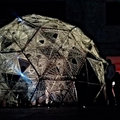
Students from BK Bouwkunde and the Czech Technical University collaborated on applying computational techniques to design and build an architectural object with a complex form. The resulting ‘Dream catcher’ is a robotically woven bio-composite structure.
28 March 2019
Assessing conservation materials and techniques
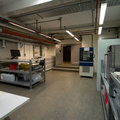
For a successful intervention on cultural heritage buildings, the effectiveness and compatibility of conservation materials and techniques should be assessed prior to application. The new Heritage & Technology Lab has been set up to develop and assess solutions for the conservation of historic buildings.